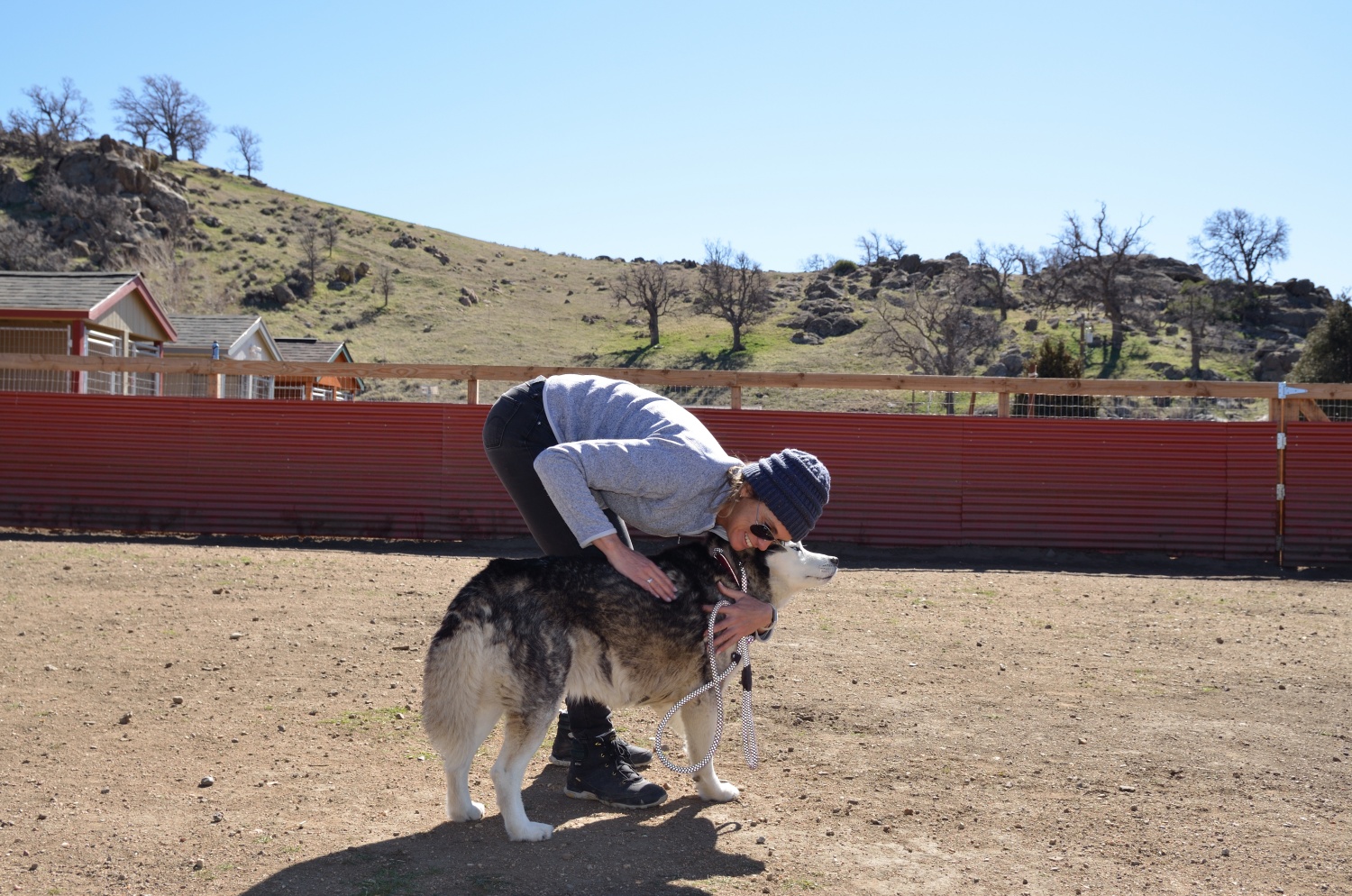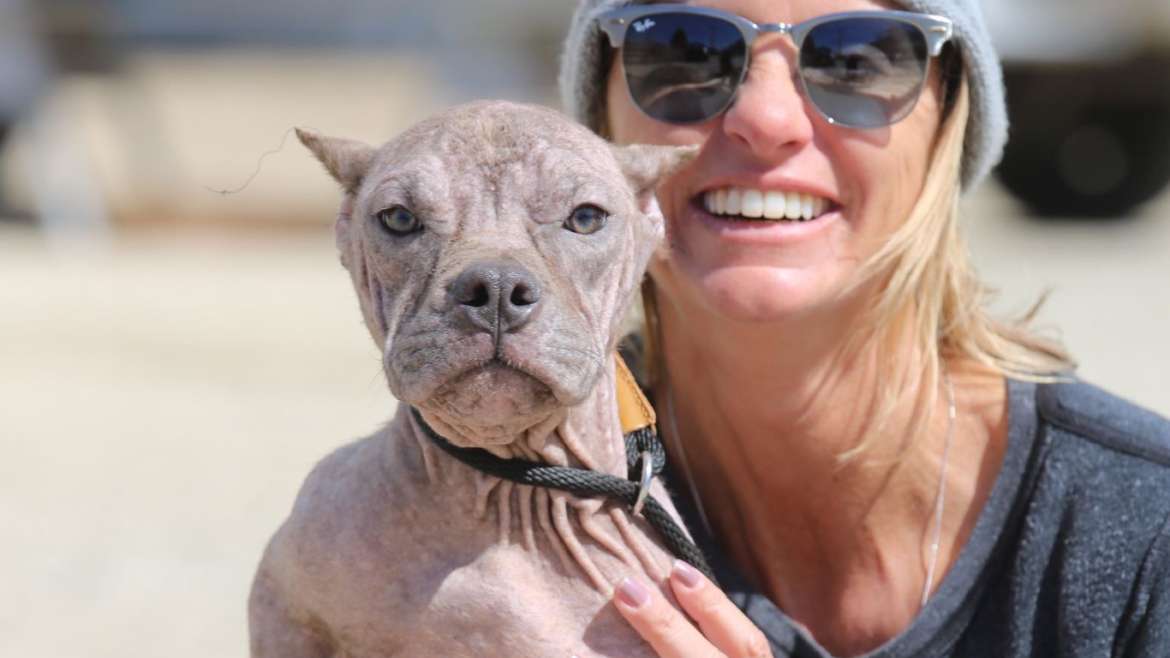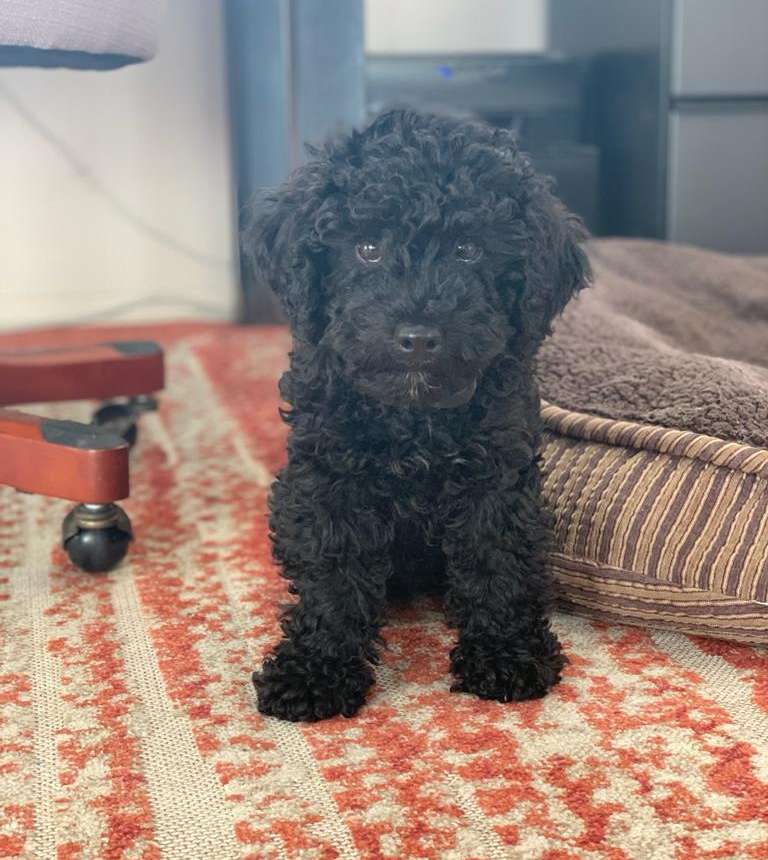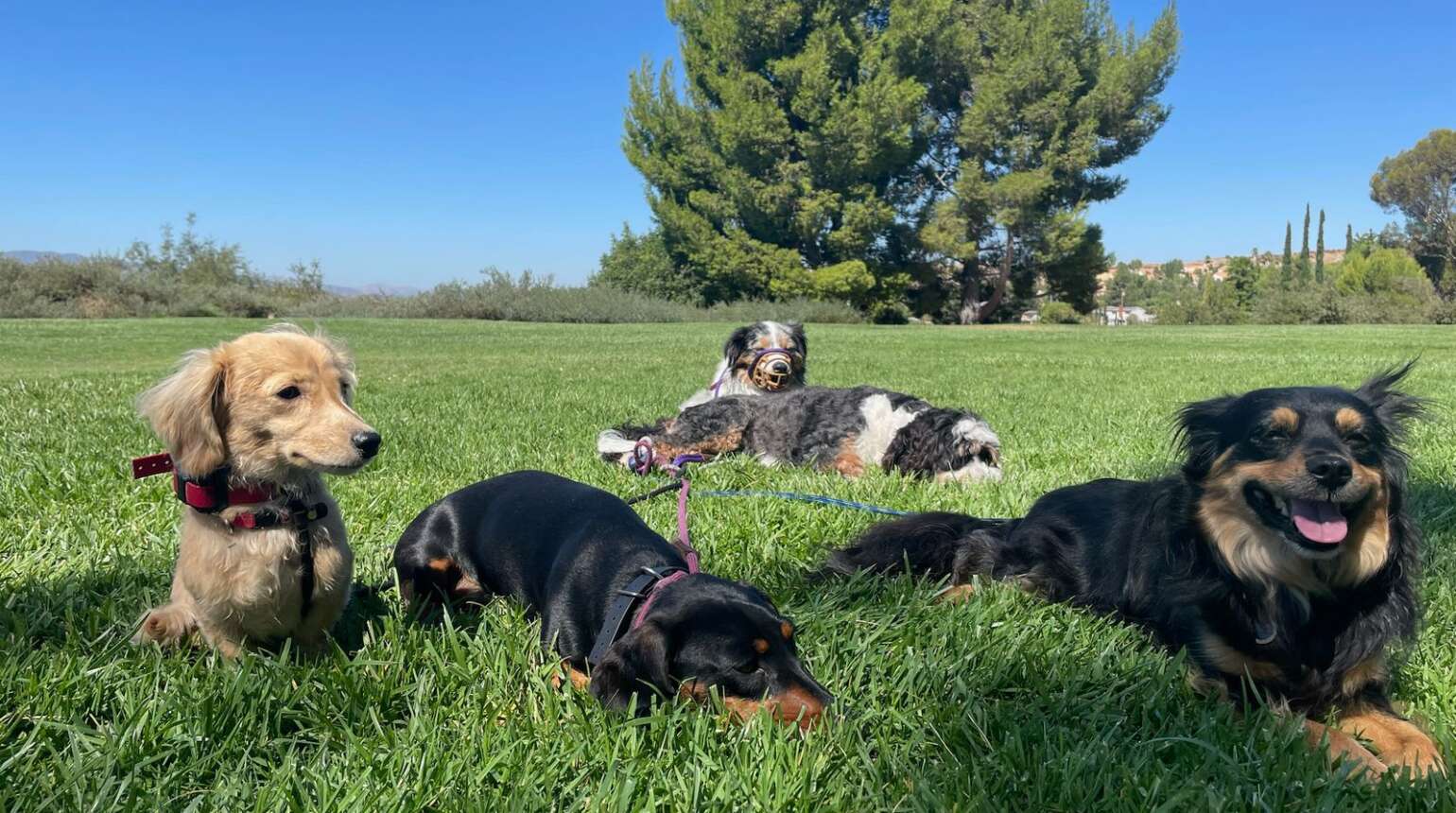As dog trainers we hear it a lot: ‘my dog is lonely, I’ll get another one to keep it company’, or ‘my dog has separation anxiety, another dog will help with that’ and even ‘my dog doesn’t like other dogs, getting another dog will help fix that.’ Even though the intention behind this idea is undeniably one of love and caring, the premise, in my opinion, is absolutely backwards. Think about it? Your relationship with your dog is not ok, the communication has broken down or is showing signs of stress, and the answer to that is to add a third individual to said relationship? When has that ever worked in the human world? How exactly is that other dog supposed to have the power to fix the strained bond? She will be coming in to an environment of tension and confusion… that is a lot of responsibility for anyone, specially a new comer that is expected to integrate in an already bonded relation.
Adding another dog to your home should be something that is discussed and accepted by all members of the household. The pack has to be in agreement on the ‘why’ they are getting a new pet. Since that new member will, undoubtedly change the dynamics of the tribe. Dogs don’t have the capacity to ponder or decide on anything; their brains do not work like that. They are not, I can assure you, musing about how great or awful it would be to have another dog in the house. If the relationship is one that the dog trusts the human to lead, chances are, there will be very little change in their state of mind when another member is added. If, however, the dog is unsure, reactive, tense or in any other way unfulfilled, that new member will only copy that state of mind. The pack will then end up with two unbalanced dogs instead of one. Double the dogs, double the trouble, double the expense, double the fun or stress. It is up to us, humans to decide how we relate to the new comer since our dog will usually imitate what we do. However, if we expect our dog to teach the new comer, they will coach them on what they practice (respect, trust, anxiety, aggression, etc.) But in no way will that new dog resolve any problems that the pack already has. The pack is there to teach the new member, not change to accommodate what that new dog is bringing. The strongest energy will prevail, and an established pack, usually has a more powerful energy.

Is it a good idea to get your dog a dog? My answer to that question will always be an unequivocal no. Your dog is not the decision maker in the house, they are not the ones that will pay the vet bills, buy food, clean the extra mess and organize the routine. So why should they be responsible for the new comer? Why should we make a decision that will affect the pack thinking only that is what our dog wants? We humans are the rational animals in charge of the household dynamics, we have the capacity to judge the results of our actions. Dogs are not capable of that. It is a fallacy, in my opinion, to impart human qualities and wants to an animal. If we want our dog to be more social, to feel more comfortable when alone or to have a more fulfilled life, we can and should provide that ourselves. It is something that in most instances, be more satisfying than adding a new dog to the pack.
If, however, the reason for getting a new dog is that the pack is ready for a new member, do your homework and be ready to adjust your schedule and habits. If the current dog is a senior and a new puppy is brought in, make sure to create rules and boundaries around the youngster so that the senior dog doesn’t get overwhelmed. If the new dog is a tad older, then create a routine so the new comer can learn the rules of the house from you, not your dog. Supervise all interactions in the first few months, make sure that the dogs respect each other’s intimate and personal space. Be the coach that brings the best version out of both dogs. Create an environment of inclusion without forcing the interaction. The easiest way for dogs to become a pack is through a structured walk, so instead of simply playing with them in the backyard, or introducing them in your living room, walk with them – you leading, them following. That will be what makes the most sense to the dogs. The senior and junior both understanding their place in the pack, by working together on a walk following the human. That is where the joy of getting a new dog comes in, when each member of the pack brings out the best of one another.



